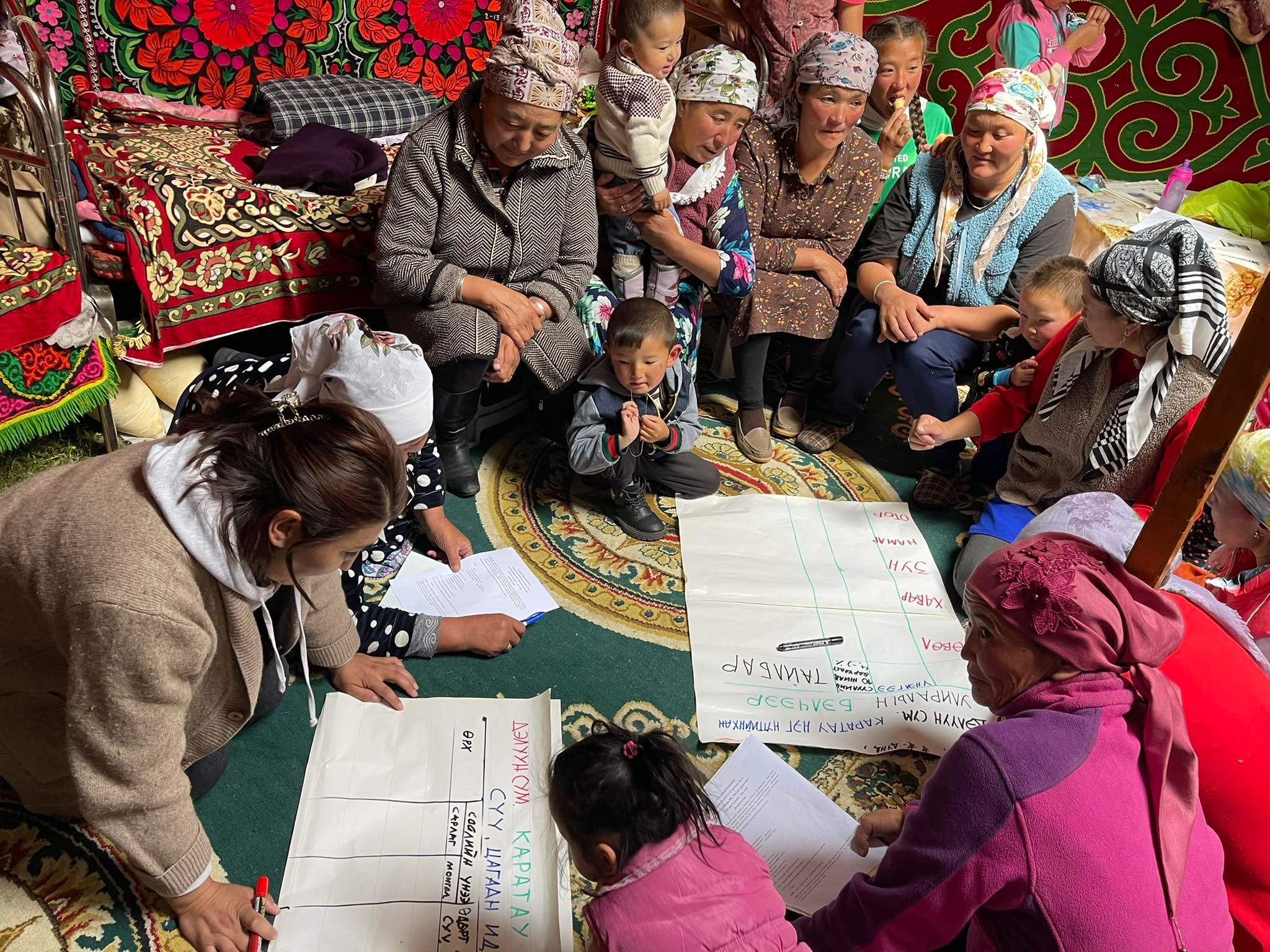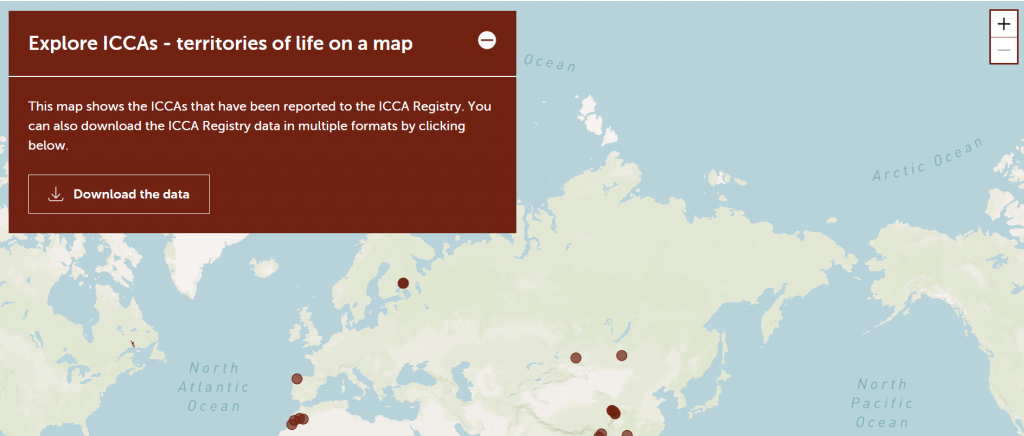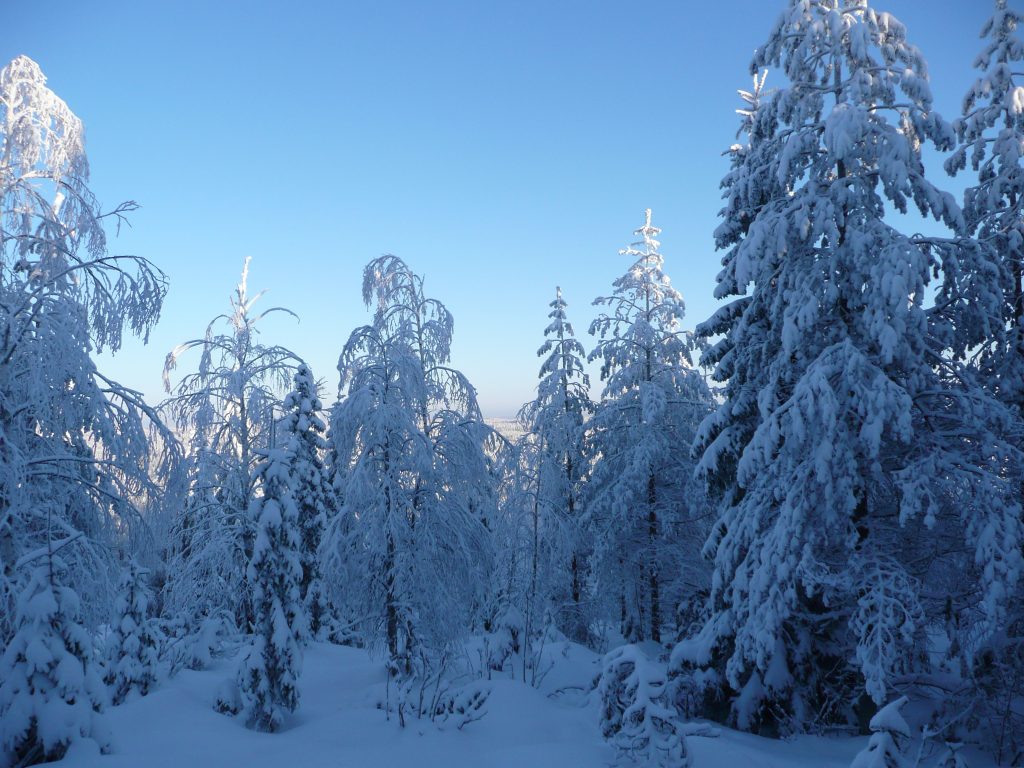News
Leading database on conservation by Indigenous Peoples and local communities opens to public

News | Jan 2024
Information on hundreds of territories and areas conserved by Indigenous Peoples and local communities – also known as ICCAs or territories of life – is now publicly available, as the global database created to monitor and showcase these areas launches online.
The ICCA Registry is an online reporting platform for strengthening evidence on the conservation importance of ICCAs, alongside increasing global understanding and recognition of these vital areas and their custodians’ conservation practices.
Territories and areas conserved by Indigenous Peoples and local communities (IP and LCs) are estimated to cover more than 20 per cent of the world’s land and make important contributions to the world’s conservation network.
However, definitive data on ICCAs, including the number that exist in the world today, is lacking. Through the ICCA Registry, the UN Environment Programme World Conservation Monitoring Centre (UNEP-WCMC) and its partners are working to fill this gap. Data on ICCAs is self-reported by Indigenous Peoples and local communities to the ICCA Registry, providing a mechanism for self-determination, self-declaration and knowledge-sharing by the custodian communities.
ICCA custodians can submit a range of information to the ICCA Registry – including geographical data, photos and case studies – and explore how other communities around the world manage and conserve their territories and areas.
Today, an enhanced version of the ICCA Registry website is being unveiled. For the first time, the ICCA Registry database can be openly accessed – providing information on more than 300 reported ICCAs – and used to explore new interactive data displays, as well as case studies and imagery. This is the culmination of many years of work with Indigenous Peoples, local communities and their supporting partners to gather data on Indigenous and community conservation, and will support the international community to understand the scale of their role.


The upgraded platform hosts a new interactive map displaying the reported ICCAs and a dashboard summarising the latest ICCA Registry data, which includes the number and location of the ICCAs reported; their objectives, governance and ownership structures; how they are recognised by others; the primary threats they are facing and what forms of support they need. The rights, actions and contributions of IP and LCs to the global conservation network are increasingly being championed in major international agreements, not least the Kunming-Montreal Global Biodiversity Framework (also known as “The Biodiversity Plan”), which recognises the vital contributions of IP and LCs across its many targets.
The publication of the ICCA Registry database marks a significant milestone in helping to give visibility to the valuable conservation efforts of the communities that have reported data, and who work hard to conserve and secure their territories and areas. The ICCA Registry team and partners hope the information will be useful to a broad range of stakeholders, from IP and LCs and their supporters who can use the information to enhance advocacy and recognition of ICCAs, through to governments and non-governmental organisations who can use the data to assess and promote ICCA contributions to national and global policy objectives.

Image courtesy of Tero Mustonen
Thanks to the custodian communities who care for them, ICCAs – territories of life – are some of the most sustainable and biodiverse places on the planet.
It is crucial these communities and their territories and areas are recognised and respected, whether or not they have been reported to the ICCA Registry, but the ICCA Registry and its upgraded website is a hugely useful – and now publicly accessible – tool that demonstrates the vital contributions of territories of life and provides evidence to advocate for IP and LCs’ rights and recognition.
The number of ICCAs reported to the ICCA Registry currently represents a fraction of the ICCAs that exist. We encourage interested IP and LCs and their supporters to explore the platform and contribute to the ICCA Registry to help it reflect reality on the ground. We hope IP and LCs, the wider conservation community and policymakers will utilise this vital information for the benefit of people and planet.
Jasmin Upton, Programme Officer at the UN Environment Programme World Conservation Monitoring Centre
We in Snowchange often say ‘ICCAs are the best thing since bread came in slices’. They critically prove that communities can be stewards of their biodiversity, lands, waters and areas, if they are given the chance, resources and mechanisms to demonstrate it.
The ICCA Registry is an important mechanism for building the evidence base to demonstrate just how vital ICCAs and their custodians’ practices are to global conservation.
Tero Mustonen, President of Finland’s Snowchange Cooperative and member of the ICCA Registry steering committee
Explore the ICCA Registry and learn about ICCAs – territories of life – today through the interactive map, a summary of the data and by downloading the ICCA Registry database.
For assistance with navigating the website and downloading the data, visit this page. Information on how data can be reported to the ICCA Registry is available, or contact the project team at iccaregistry@unep-wcmc.org.
The ICCA Registry is supported by the ICCA Global Support Initiative and partners working at the local to international level, simultaneously seeking to provide support and recognition to ICCAs - territories of life. The ICCA Registry is collaboratively governed by UNEP-WCMC with representatives of the United Nations Development Programme, the ICCA Consortium, IUCN, Forest Peoples Programme, Kenono Foundation (Nagaland), Snowchange Cooperative (Finland) and Amazon Watch.
Main image: A meeting of the Karatau herders community in Mongolia. Learn more about Karatau herders community through their case study. Image courtesy of Dr Hijaba Ykhanbai.
Have a query?
Contact us
communications@unep-wcmc.org
